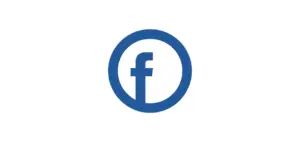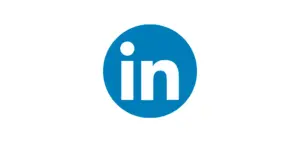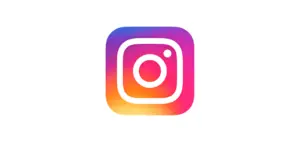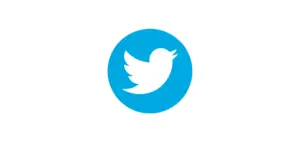How to Use Hashtags on Instagram, Facebook, Twitter, and LinkedIn in 2021
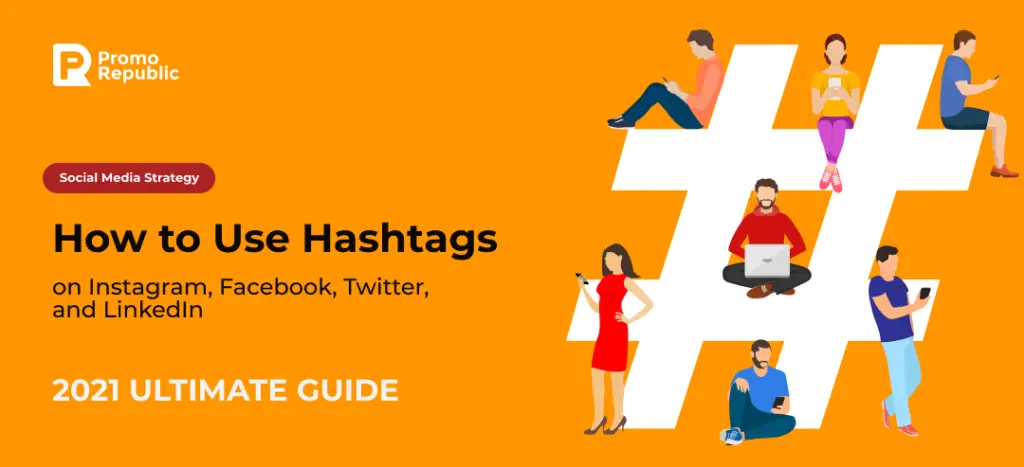
Since its appearance on Twitter back in 2007, a hashtag is still an effective tool across various social media platforms. It has many different uses and, when used correctly, can help your brand on social media be like a “fish in water”: popular with a ‘school’ of subscribers. In this guide, we’ve collected all the information you need to know about hashtags to make your SMM strategy more effective.
Let’s start with a short #hashtagbasics.
Hashtag 101
A hashtag is a word or phrase preceded by a hash, also known as the pound sign (#). It is used to categorize content on social media and basically, is a glorified tagging system. Hashtags make it easier for people to find interesting posts on social networks, increasing the number of views and interactions. A hashtag can be organically inserted into the post text, written in a separate paragraph after the text in the same post, or even placed in the comment section.
Reasons to Use:
- Help people find your content, draw more attention and encourage interaction;
- Expand your brands reach, attract followers out of your target audience or industry;
- Improve your brands’ reputation and perception by commenting on trending topics;
- Tell people about sales, promotions, special offers, or events;
- Educate your followers about industry, brand, and people;
- Express the brand’s views on current events and attitudes towards trends;
- Track hashtag popularity on different platforms; study and use the gathered info.
Let’s get to the specific platforms.
Although we associate hashtags primarily with Twitter and even Instagram, they can still be used on Facebook. When they first appeared on the platform, their use, on the contrary, made posts less noticeable and reduced the number of interactions, but over time, people got used to it, and everything worked as it should. Just remember not to use too many hashtags. More than one or two hashtags will make you seem unprofessional and annoy people who understand that you are seeking attention more than want to share interesting information. Also, it is important to make your posts public so everyone can find you with the hashtags. It will help make your brand more popular, and increase the number of followers and their engagement.
Hashtags were never meant to be used on this platform but they eventually caved in 2018. And they created a search method that focused specifically on hashtags, so professionals interested in your brand even outside your network can easily find your posts. Two or three hashtags are usually recommended to make your posts more reachable and increase brand awareness. LinkedIn will automatically suggest relevant hashtags when you begin to write a post. If they seem like a good fit, don’t hesitate to include them but don’t do it just for the sake of it. Also, don’t forget to check if your page is public so your posts can be discovered not only by your followers.
This platform is where you get the most power out of hashtags. Instagram allows you to use up to 30 hashtags. Ten or eleven hashtags are recommended amounts for Instagram, but you can experiment with the amount to check what works best for your brand. You can also create your brands’ hashtag, write it in your BIO and use it in every post about your brand, products, or any company activity. To check the popularity of particular hashtags, just start writing it in the search box. Instagram will display its popularity by the number of usages. Also, there is an all-star list of ever-popular hashtags like #love or #nofilter. You can google what are the most popular hashtags right now and use several in your posts. Don’t forget that using only the most popular hashtags will drown your post among millions of others, so put some specific words for balance and visibility.
Using one or two hashtags in your tweets will bring you twice as many clicks, likes, replies, and retweets than tweets without hashtags at all. Using more than two can result in decreasing engagement, so don’t overuse them. Here are the exact numbers:
- Using 1-2 hashtags will increase engagement by 21%;
- More than 2 hashtags will drop your engagement by 17%;
- Tweets with 1-2 hashtags are 55% more likely to be retweeted;
- Only 25% of tweets without hashtags at all are likely to be retweeted;
Also, simply asking your followers to like and/or retweet will result in even more engagement. Don’t forget to check the trending hashtags on Twitter today and use them if it fits to get people involved in conversations.
Hashtag Types
- Branded hashtags – hashtags created by a company to be tagged and promoted with it. It can be a brand’s name, slogan, a specific word, or phrase directly associated with the company. For example, #justdoit.
- Content hashtags – common\basic hashtags to put under any posts to designate a social network, industry, sphere of life, or mark a post with another similar categorical label for an easier search.
- Trending hashtags – the most popular hashtags on a particular social network as of today. You can find them on social media networks themselves by using special sites or tools. Using trending hashtags properly with relevant content will increase posts’ virality and engagement.
- Event hashtags – hashtags tied to a specific event held by the company or a general national or international celebration. It can be a business conference, popular sports event, concert, or any kind of holiday.
- Campaign hashtags – hashtags tied to companys’ specific campaigns. For example, new product or service launch, significant changes in business, special offers, etc. These hashtags help to increase brand awareness and attract people’s attention around one specific thing.
Metrics to Track
Even when you figure it all out and know where and which hashtags to use, it is important to understand how to check its effectiveness. Here are the things you should look for to understand if your hashtag usage is successful.
- Users – to make sure you are using proper hashtags for your target audience, check out other popular users and their posts. It can be brands from your niche or just popular users with a similar audience.
- Popularity – Hashtags that are used often, are searched often. It is a good idea to put some of these hashtags in your post to make it more popular, but remember not to spam and use only relevant ones.
- Reach – the most popular hashtags are increasing your post’s reach. If your posts aren’t so popular and you know that the problem is not in the content, just try using different hashtags or changing their amount.
- Interactions – make sure that people not only see your posts but also interact with them. Reposts, comments, likes, and other kinds of interactions will increase your followers’ reach and number.
Useful Tools
- Hashtagify – an excellent tool for boosting your success in hashtag marketing. Here you can easily find the top relevant hashtags for your brand and trending topics on Twitter and Instagram, which helps you build relationships with your audience and determine what key topics they’re talking about so you can jump in and get involved.
- KeyHole – real-time automated hashtag tracking tool that will help you track URLs, usernames, keywords, and, most importantly, hashtags on Twitter and Instagram.
- RiteTag – allows you to easily manage and monitor hashtag performance and see which hashtags are currently trending. Use it to get your social updates seen or to generate future content ideas that you know your audience is interested in.
- Trendsmap – perfect tool for seeing which hashtags are making waves in your area and check the latest trends in your chosen location so you can see what your potential customers are talking about online.
- BuzzSumo – you can search popular blog posts, influencers, and trending topics in your niche. Check out specific hashtags to see how they performed across a range of different social channels, plus you can also see a list of posts where the hashtags most frequently appear and create your own content with it.
Common Tips
- Choose specific hashtags whenever possible. The more specific you can get, the more likely you will attract the targeted audience you are looking for. The most popular hashtags are for reach; the most specific is for targeted people.
- Don’t experiment with hashtags on your own. At first, it’s better to learn from others. Check out your nearest competitors’ pages and make sure that you don’t repeat their strategic mistakes. As you have a mutual target audience, pay attention to how much or little people engage with posts with certain hashtags.
- A successful hashtag strategy starts with knowing your audience and learning how everything works on each platform. Take time to gather and analyze information after using different hashtag strategies in your brand’s account because there is no ‘one magic rule for all.’
Hashtag management is necessary for today’s social media-driven landscape, but it doesn’t have to be arduous and time-consuming. We hope that this guide will help you build your SMM strategy, and help you find and use only the best and most relevant hashtags.

local marketing tips monthly
Enterprise: for multi-location and direct selling brands. Manage thousands of social media pages of your local distributors, partners, or franchisees.
Agency: for marketing agencies. Manage all your clients’ social media pages on one platform.




